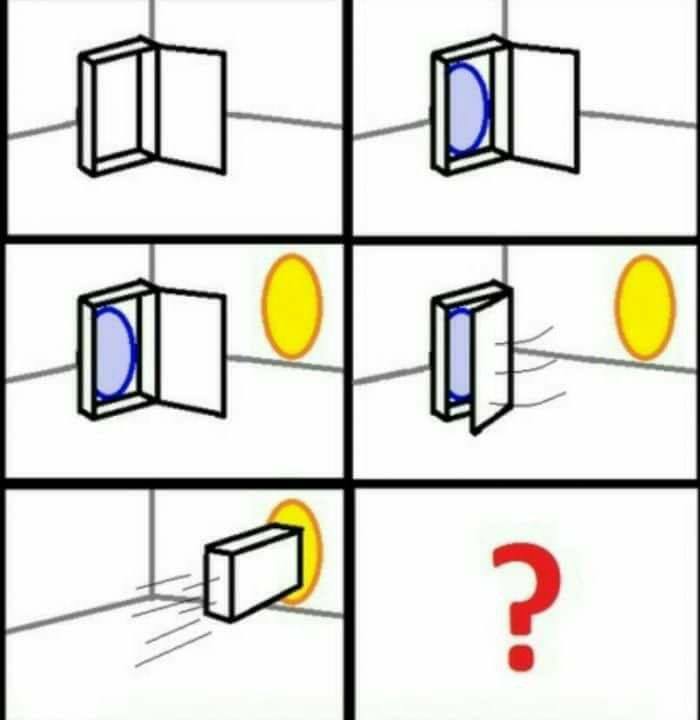this post was submitted on 06 Jan 2024
227 points (90.4% liked)
Science Memes
10988 readers
2026 users here now
Welcome to c/science_memes @ Mander.xyz!
A place for majestic STEMLORD peacocking, as well as memes about the realities of working in a lab.

Rules
- Don't throw mud. Behave like an intellectual and remember the human.
- Keep it rooted (on topic).
- No spam.
- Infographics welcome, get schooled.
This is a science community. We use the Dawkins definition of meme.
Research Committee
Other Mander Communities
Science and Research
Biology and Life Sciences
- [email protected]
- [email protected]
- [email protected]
- [email protected]
- [email protected]
- [email protected]
- [email protected]
- [email protected]
- [email protected]
- [email protected]
- [email protected]
- [email protected]
- [email protected]
- [email protected]
- [email protected]
- [email protected]
- [email protected]
- [email protected]
- [email protected]
- [email protected]
- [email protected]
- [email protected]
- [email protected]
- [email protected]
- !reptiles and [email protected]
Physical Sciences
- [email protected]
- [email protected]
- [email protected]
- [email protected]
- [email protected]
- [email protected]
- [email protected]
- [email protected]
- [email protected]
Humanities and Social Sciences
Practical and Applied Sciences
- !exercise-and [email protected]
- [email protected]
- !self [email protected]
- [email protected]
- [email protected]
- [email protected]
Memes
Miscellaneous
founded 2 years ago
MODERATORS
you are viewing a single comment's thread
view the rest of the comments
view the rest of the comments

You can pass two 2d ovals through each other in a 3D space no problem if they're exactly the same size.
Yes, but can you maintain the property that each point on the orange portal is connected to a point on the blue portal and vice versa? My intuition is that you'd end up with a paradox because you'd end up with a point on one portal connected to two different points on the other, but my analytic geometry skills aren't good enough for me to attempt a proof.
Not sure I'm following. If the portals are exactly the same size, and stay that size, then why would you have to connect one point on one to two points on the other?
Consider these two pixel-oval portals:
They are the same size, and you can easily make a bijective mapping for each of their pixels.
Rotate one two times in 3D space by 90°, and it fits through the other. If you want more wiggle room, make them taller.